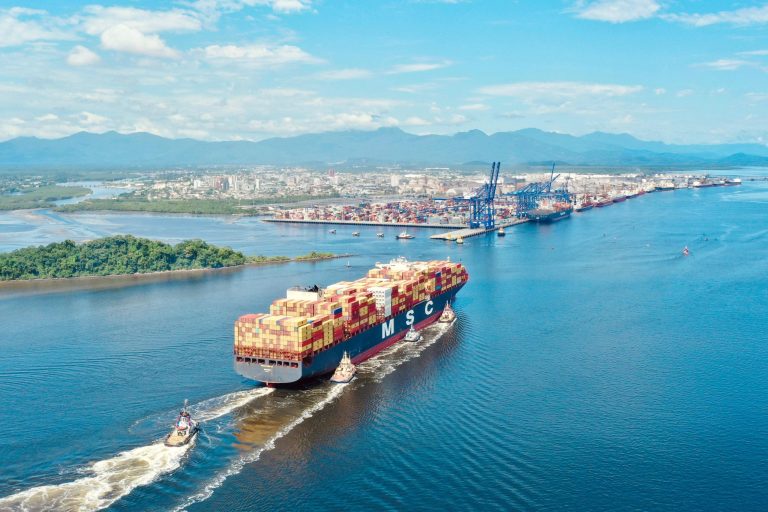Brasília – After over a year of analysis, the Executive Management Committee (Gecex) of the Foreign Trade Chamber (Camex) raised Brazil’s import tax to 25% for 11 types of iron and steel products. The decision responded to a request from the National Union of Wire Drawing and Ferrous Metal Rolling Industries (Sicetel), which highlighted unfair competition from imports.
In April last year, Gecex/Camex imposed import quotas on these 11 products for one year. Any volume exceeding the authorized amount was subject to a 25% tariff. Currently, the 11 iron and steel products are taxed at rates ranging from 10.8% to 14% to enter the country. With this decision, they will now be subject to a definitive 25% tariff, regardless of the import volume.
Gecex/Camex also increased the import duty on sodium chlorite, used in water treatment and in the bleaching and peeling of textile fibers, pulp, and paper. The tariff rose from 9% to 10.8%.
The agency increased the import duties on cables and optical fibers for six months, which will now pay 35% to enter Brazil. Currently, cables pay an import duty of 11.2%, while optical fibers pay 9.6%. According to the Ministry of Development, Industry, Trade, and Services, the adjustment is also justified by the need to protect domestic products from unfair competition with foreign goods.
Brazil also cut some import duties
Conversely, Gecex/Camex reduced the import duty on four products that either have no domestic production or insufficient production for the domestic market.
In three cases, the tariffs were eliminated: electric motors for blenders and food processors were reduced from 18% to 0%; acrylonitrile, a raw material for the production of chemical components with a temporary lack of domestic production, was reduced from 10.8% to 0%; and polyester threads used in technical fabrics, tires, grills, tarps, PVC laminates, and sewing thread were reduced from 18% to 0%.
The Gecex/Camex extended the reduction of the glyphosate import duty from 10.8% to 3.8% for six months. Glyphosate is an herbicide used in the cultivation of rice, corn, soybeans, beans, sugarcane, grapes, coffee, among others.
Read more:
Brazil simplifies imports, saves $7 billion
Translated by Guilherme Miranda




